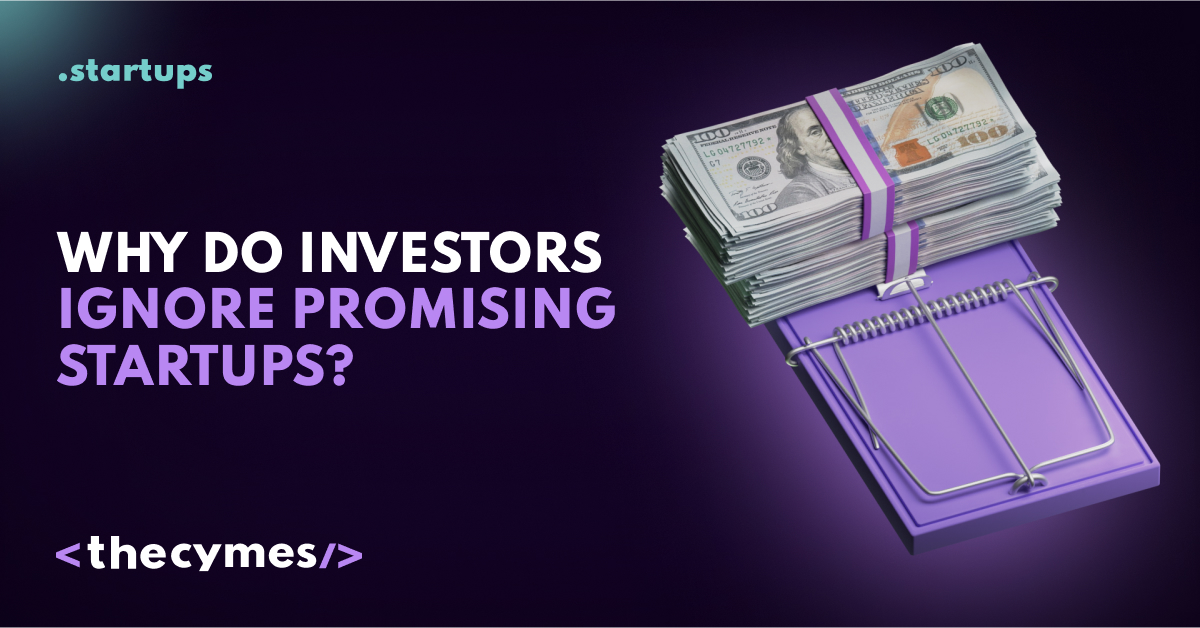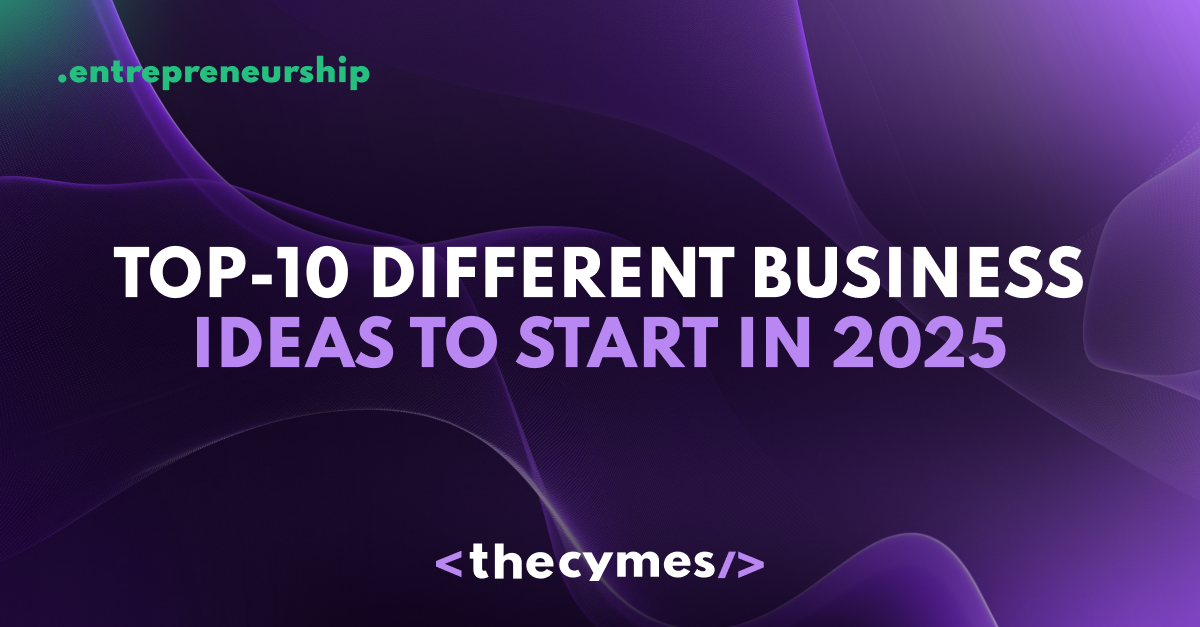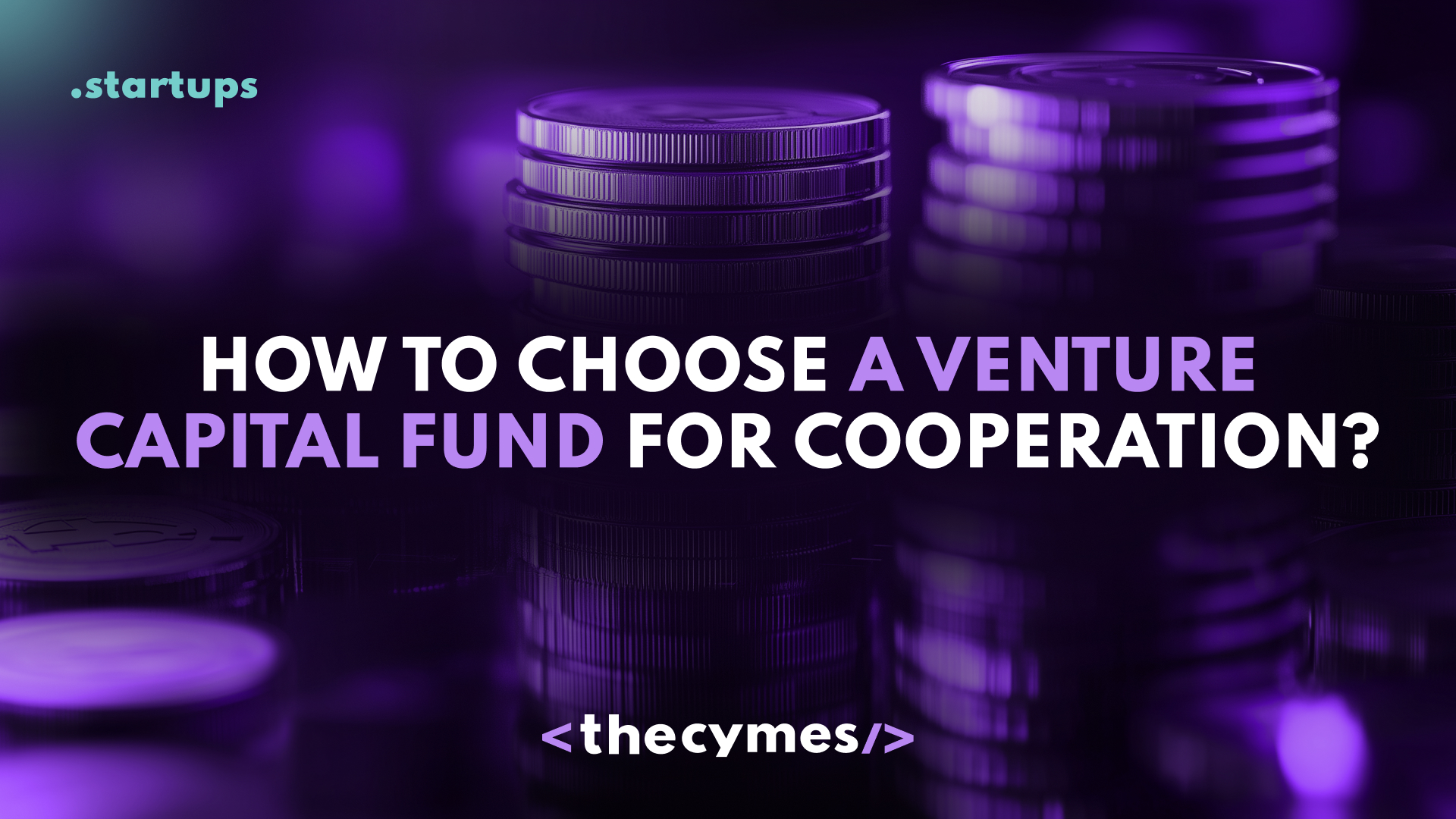.business venture3 February 15:31
0<
Why do investors ignore promising startups?
/>The startup world doesn't reward the best product. It rewards the best storyteller! be updated on the latest tech newsGet exclusive news updates and overview on tech market




